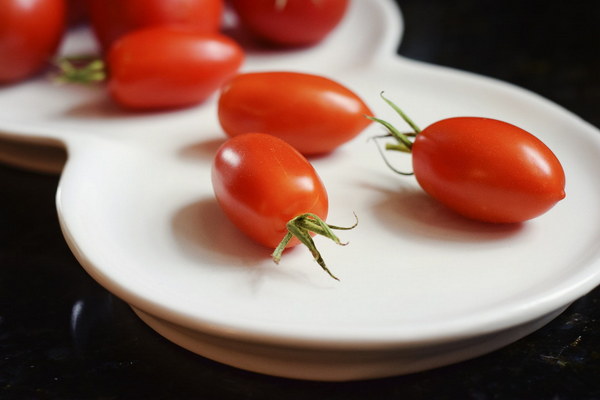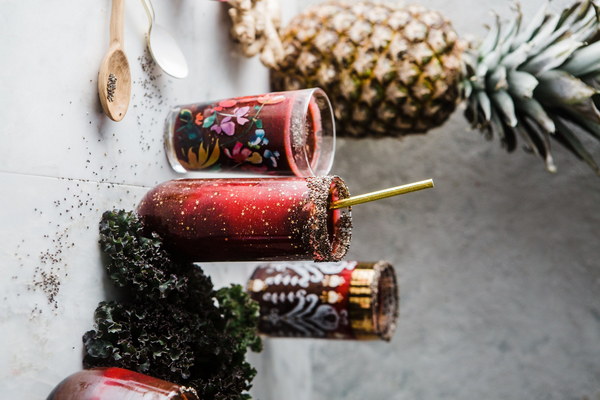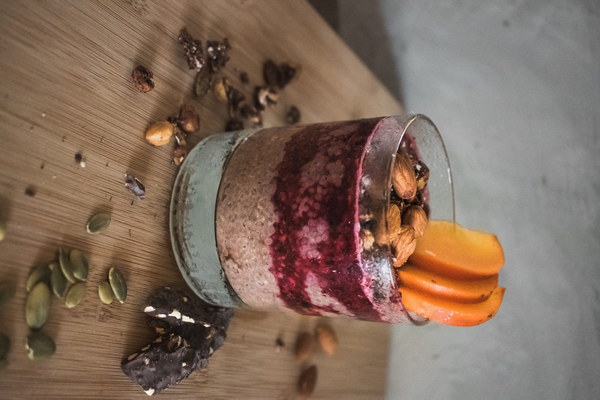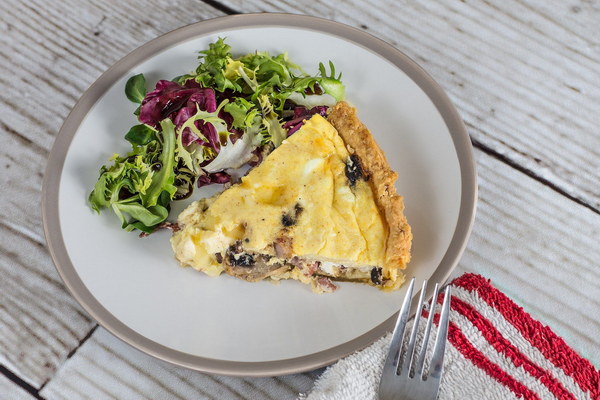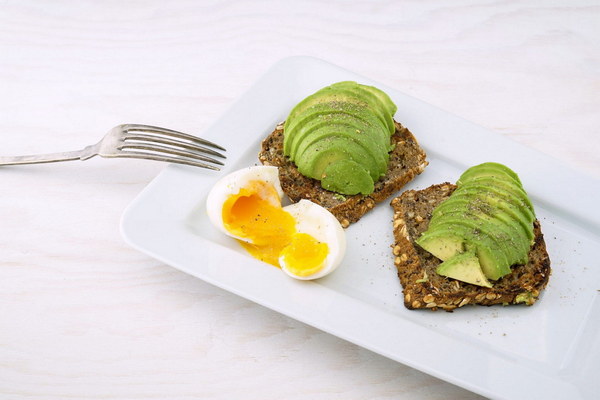The Anti-Aging Power of Whey Protein A Game-Changing Discovery in Skincare
Introduction:

In the world of skincare, the search for effective anti-aging solutions has been ongoing for decades. From expensive serums to invasive procedures, consumers have tried everything to combat the signs of aging. However, recent research has uncovered a game-changing discovery that might just revolutionize the way we approach anti-aging: whey protein. This article delves into the fascinating world of whey protein and its incredible anti-aging benefits.
1. What is Whey Protein?
Whey protein is a type of protein derived from milk, specifically from the liquid part that separates during the cheese-making process. It is a complete protein, meaning it contains all nine essential amino acids that the body cannot produce on its own. Whey protein is widely used in the fitness industry for its muscle-building and recovery properties, but recent studies have shown that it also has remarkable anti-aging effects on the skin.
2. How Does Whey Protein Work?
The anti-aging properties of whey protein can be attributed to its unique combination of amino acids and antioxidants. Here are some of the key ways in which it helps combat the signs of aging:
a. Collagen Production: Collagen is a crucial protein that provides structure and elasticity to the skin. As we age, collagen production decreases, leading to sagging and wrinkles. Whey protein contains amino acids like proline and glycine, which are essential for collagen synthesis, thereby promoting youthful-looking skin.
b. Anti-Inflammatory Effects: Inflammation is a significant contributor to the aging process. Whey protein has been found to have anti-inflammatory properties, which can help reduce inflammation in the body and, consequently, slow down the aging process.
c. Antioxidant Protection: Free radicals are unstable molecules that can damage cells and accelerate the aging process. Whey protein contains antioxidants like lactic acid and cysteine, which help neutralize free radicals and protect the skin from oxidative stress.
3. Incorporating Whey Protein into Your Skincare Routine
To reap the anti-aging benefits of whey protein, you can incorporate it into your daily skincare routine in several ways:
a. Face Masks: Mix a tablespoon of whey protein powder with your favorite face mask to create a nourishing and anti-aging treatment. Leave it on for 10-15 minutes before rinsing off with warm water.
b. Serums and Moisturizers: Look for skincare products that contain whey protein as an ingredient. These products can help improve skin texture, reduce the appearance of fine lines, and keep your skin looking youthful.
c. Internal Consumption: Consuming whey protein internally can also provide anti-aging benefits. Adding a scoop of whey protein powder to your smoothies, oatmeal, or yogurt can help support your skin's health from the inside out.
Conclusion:
The anti-aging power of whey protein is a groundbreaking discovery that offers a natural and cost-effective solution to combat the signs of aging. By incorporating whey protein into your skincare routine and consuming it internally, you can achieve younger-looking, healthier skin. Embrace this game-changing ingredient and say goodbye to expensive and invasive anti-aging treatments.
